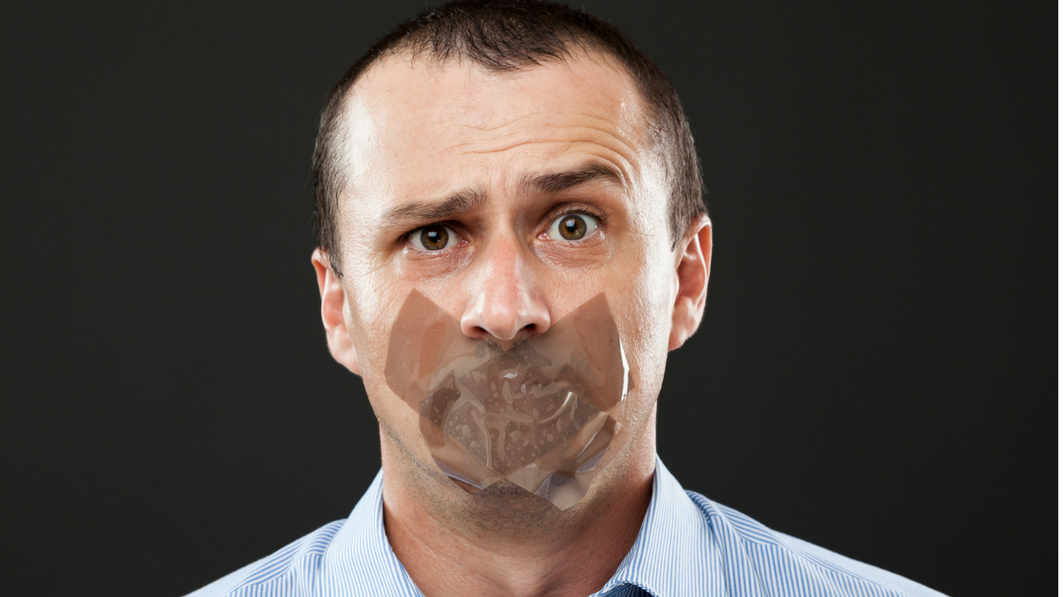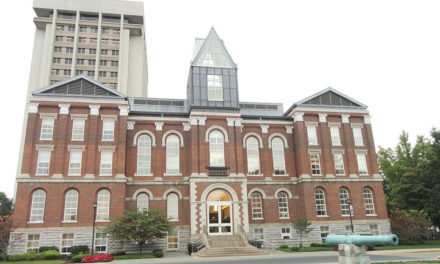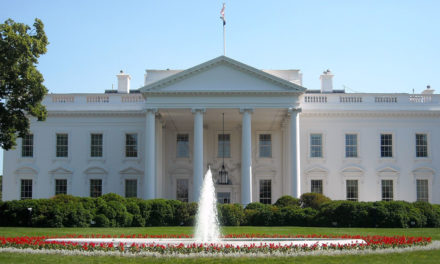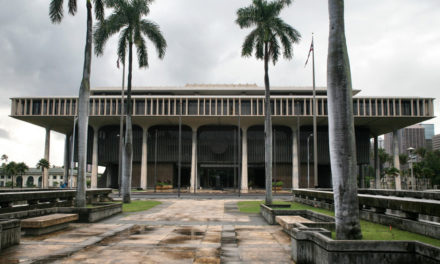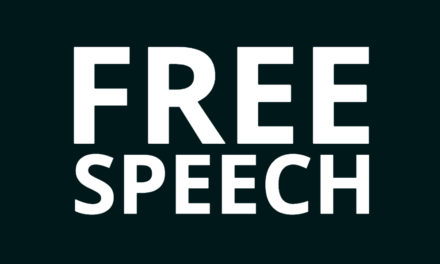Do Christians have a free speech problem in America?
Many, if not most, believers with even a passing knowledge of their constitutional rights can readily point to the First Amendment’s religion clause* as a guarantee they can live their public and private lives for the glory of God with minimal intrusion by the government.
However, an important additional protection for religious rights can be found in the First Amendment’s free speech clause, which reads: “Congress shall make no law…abridging the freedom of speech….” Because the “free exercise” of religion often involves the spoken or printed word, or even what the courts call “expressive speech” – i.e., non-verbal communications that convey a message – Christians should know their rights under the free speech clause.
The gospel message, and the Bible that contains that message, and the followers of Christ who speak, or live out that message, are perfect subjects for free speech protection in most cases. And as believers commissioned to “go and make disciples of all nations,” we should strive to the best of our ability to ensure that the ability to spread the Gospel through word and deed is protected for all Americans of faith.
It’s not always easy, though, to recognize a free speech infringement. For example, see if you can spot the free speech issue in each of these real-life examples:
- A Denver baker named Jack Phillips was likened to Nazis and slave-owners and was told to undergo “re-education” by the state for refusing, on religious conscience grounds, to use his artistic talents to create a wedding cake for a same-sex couple.
- A first grader was traumatized after being questioned for an hour by the school principal for calling her friend – a boy – by his given name, unaware that he was reportedly “transitioning” to a girl and had taken a girl’s name.
- In California, pro-life pregnancy care centers are fighting a state law requiring them to promote the local availability of abortion through posted messages in their facilities.
- A pro-life student organization at California State – San Marcos put in a request for $500 from the student fee activity fund to use to invite a speaker to campus, and was refused, while two LGBT student organizations on the same campus received nearly $300,000 in such funds for their activities in one school year.
If you couldn’t immediately spot the free speech issues in the examples, don’t worry. By the time you read through this series, hopefully you will feel more comfortable in your understanding of how free speech is an important aspect of these types of cases. These examples, and many more just like them, are becoming all too common in an American society that daily becomes more secular, liberal, and hostile to competing ideas.
In fact, Americans are growing increasingly frustrated at the amount of government suppression of speech we are witnessing today. A recent poll of adults reveals that only 28 percent of us think Americans “have true freedom of speech today.” The evidence is mounting in support of that pessimistic view.
This series of articles will explore the basics: what is freedom of speech; what are legitimate limits to free speech; how government both censors and compels speech; and how private industry handles (and mishandles) speech issues. Finally, we will explore the future of free speech in America.
*With regard to religion, the First Amendment says this: “Congress shall make no law respecting an establishment of religion or prohibiting the free exercise thereof…” The clause was later made applicable to state governments via Supreme Court decisions because of the 14th Amendment.

